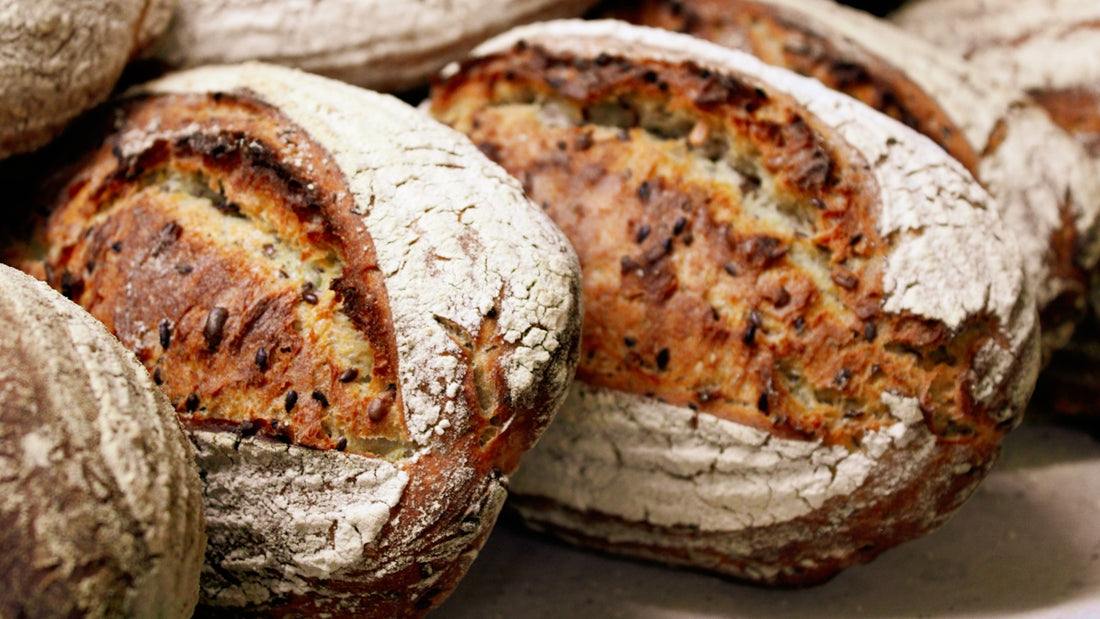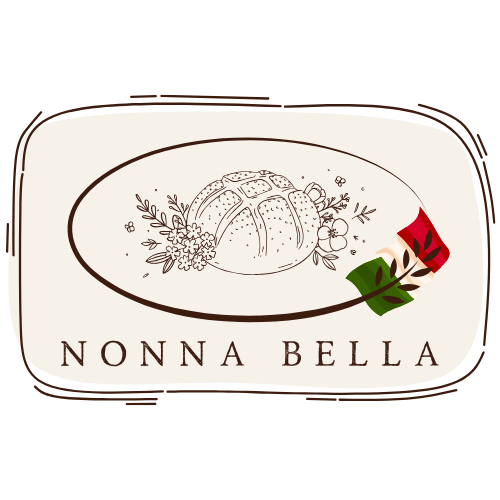
Sourdough Fermentation Benefits: Why Choose Organic Sourdough Starter
In the world of artisan bread baking, sourdough bread stands as an emblem of tradition, flavor, and health benefits. Among the many variables that influence the quality of homemade sourdough, the choice of sourdough starter ranks supreme. Opting for an organic sourdough starter can elevate your baking experience, offering myriad health advantages that touch upon both nutrition and digestibility. In this blog post, we'll explore why choosing an organic sourdough starter is a wise decision and delve into aspects of sourdough fermentation that can enhance your baking journey.
The Basics of Sourdough Fermentation
Sourdough bread is not just a type of bread; it is a craft that involves wild yeast fermentation. Unlike conventional yeast bread, sourdough fermentation relies on naturally occurring bacteria and wild yeast to leaven the dough. This natural fermentation process is a symbiosis between microorganisms that produce a distinctive tangy flavor and chewy texture characteristic of sourdough.
Benefits of Wild Yeast Fermentation
- Improved Digestibility: Sourdough fermentation breaks down gluten to some extent, making the bread easier on the stomach.
- Nutrient Absorption: The fermentation process neutralizes phytic acid, enhancing the availability of nutrients like magnesium, iron, and zinc.
- Longer Shelf Life: The lactic acid bacteria produced during fermentation act as natural preservatives, extending the bread’s shelf life without additives.
Why Choose an Organic Sourdough Starter?
Opting for an organic sourdough starter speaks not just to health benefits but also to the integrity of your loaf.
- Purer Cultivation: Organic starters like the Nonna Bella Dehydrated Sourdough Starter come from wheat cultivated without synthetic fertilizers or pesticides, ensuring no chemical residues in your bread.
- Enhanced Flavor Profile: Organic starters often boast a richer, more complex flavor due to the presence of diverse microflora that are limited in non-organic environments.
- Supporting Sustainable Practices: By choosing organic, you play a part in promoting sustainable agriculture that has less impact on the earth and supports biodiversity.
Sourdough Starter Feeding and Maintenance
Proper maintenance and feeding of your sourdough starter are crucial to sustain its vitality:
- How to Feed Your Sourdough Starter: Begin by discarding half of the starter and then feed it with equal parts water and flour. Regular feeding ensures that your starter remains active and bubbly.
- Sourdough Starter Feeding Schedule: Typically, feeding once a day is adequate. However, if you bake frequently, you may need to feed it twice daily.
- How to Store Sourdough Starter: When not in use, store your starter in the refrigerator. This slows down the fermentation process and reduces the frequency of feedings to once a week.
For advanced maintenance tools, consider the 1set Professional Baking Tools, which include a sourdough starter jar for optimal storage conditions.
Baking with Organic Sourdough Starter
Crafting the Perfect Sourdough Loaf
The journey from starter to a well-crafted loaf involves several steps:
- Sourdough Bread Recipe Basics: Begin with a basic ratio of 1:2:3 (starter: water: flour) and experiment with hydration levels to achieve the desired crumb structure.
- How to Shape Sourdough Bread: Mastering shaping techniques can preserve air pockets, leading to a better rise and texture.
- Best Sourdough Scoring Techniques: Scoring ensures controlled expansion during baking and adds an artistic finish. Use a sharp blade to make clean, intentional cuts.
Optimize Your Baking Tools
Using quality tools can enhance your sourdough experience:
- The Cake Tools Danish Dough Whisk is perfect for incorporating ingredients efficiently without overmixing.
- Opt for the 5.5 Quart Red Le Creuset Dutch Oven for optimal heat distribution, essential for baking sourdough with a crispy crust.
- Use a Reusable Silicone Bread Sling for safe dough transfers to the hot oven.
Sourdough for Special Diets
Sourdough for Diabetics
One distinguishing factor of sourdough vs. regular bread is its potential suitability for diabetics. The natural fermentation process lowers the glycemic index, potentially reducing the spikes in blood sugar levels after consumption.
Sourdough Starter Troubleshooting
Even seasoned bakers encounter challenges. Here are some common pitfalls and their fixes:
- Starter Not Rising: Ensure adequate warmth during the feeding process. Consider 70°F (21°C) as an optimal temperature range.
- Sour Smell: Your starter may be hungry. Feed it and refresh more frequently.
- Mold Formation: Discard any starter showing mold; it is unsafe to use. Use fresh ingredients and clean tools to prevent contamination.
Explore Sourdough Variations
Sourdough’s versatility extends beyond traditional bread. Expand your sourdough repertoire with:
- Sourdough Pizza Dough: Achieve a crisp yet chewy pizza base that marries perfectly with any topping.
- Sourdough Bagels: The fermentation imparted flavors take homemade bagels to new heights.
Lastly, don't let sourdough discard go to waste. Explore a multitude of creative sourdough discard recipes and innovative applications.
Conclusion
Choosing an organic sourdough starter is more than a preference; it’s a commitment to flavor, health, and sustainability. As you embark on or continue your sourdough journey, remember the pivotal role of live, robust starters in achieving excellent homemade sourdough. Harness the benefits of sourdough fermentation for better-tasting and healthier bread through mindful preparation and attention to detail.
Visit italiansourdough.com to explore more about artisan sourdough baking and elevate your culinary artistry with premium-grade sourdough products.
By integrating knowledgeably chosen ingredients and investing in quality tools, your sourdough endeavors can flourish, bringing joy and nourishment to your table with every artisan loaf you bake.
Enhance your sourdough life with insights and techniques shared here and embrace the artistry of crafting bread that tells a story of tradition, health, and flavor.
